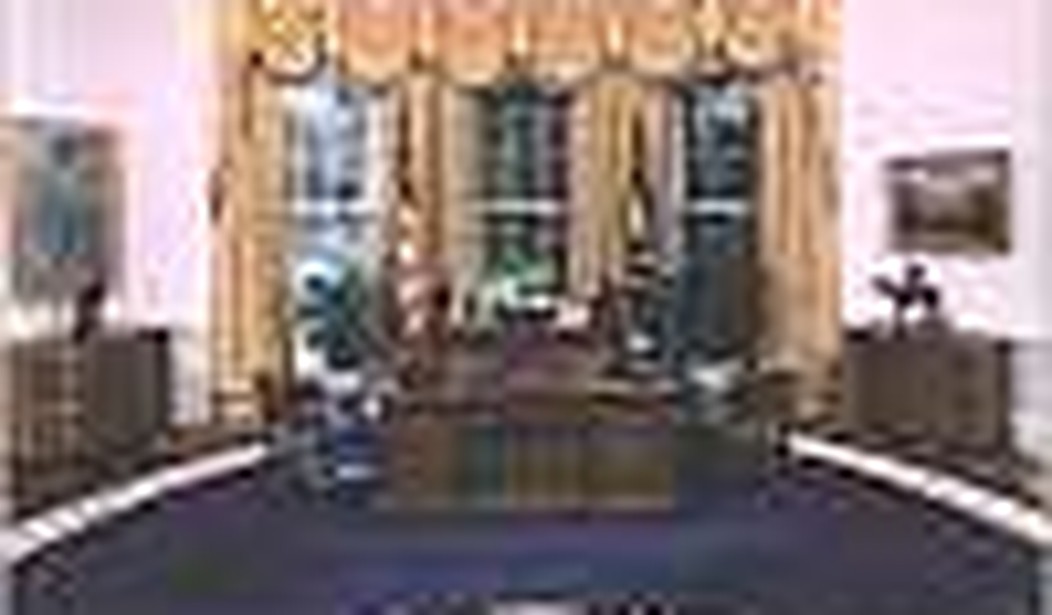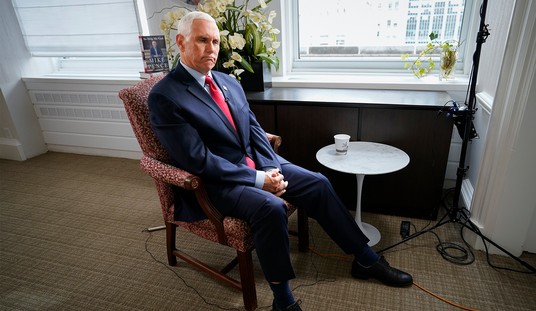The mainstream media for some time has been searching for material to bolster Barack Obama’s flimsy résumé. After all, he lacks national security experience, has no major legislative accomplishments, and never held an executive position. Not to worry, say the liberal cheerleaders. Peter Beinart raised a typical defense:
Luckily, Obama doesn’t have to rely on his legislative résumé to prove he’s capable of running the government. He can point to something more germane: the way he’s run his campaign.
Politico presented the Obama camp argument that “Obama has run a good primary campaign, which is a sign that he will run a good general election campaign, and then a good presidency.” And indeed many outlets reported on the obvious contrast between the “happy” Obama camp and the pack of backstabbers at the Hillary Clinton camp who publicly dished dirt on one another.
Accepting for the sake of argument that a political campaign can foreshadow an administration, it is worthwhile to update some of these media evaluations to see just how effective a chief executive Obama has been.
Some of the key attributes of leadership generally, and of good presidents in particular, are the ability to tackle problems head on, not procrastinate, and certainly not engage in wishful thinking that bad news will vanish on its own. But Obama’s campaign has been an exercise in damage non-control on the issue which poses the greatest threat to his electability: his associations with Reverend Jeremiah Wright, Father Michael Pfleger, and Trinity United Church.
When he began his campaign he realized Reverend Wright might be an issue, so he not very subtly pushed Wright out of the kick-off ceremonies. But he did not prepare his campaign and develop an approach to deal with what would become the drip, drip, drip of YouTube releases and corresponding cringe-inducing headlines about his association with black liberation theology, and the hate-spewing preachers who regularly spoke at Trinity United.
In the unfolding tale of Reverend Wright, Karl Rove pointed out, “In just 62 days, Americans were treated to eight different explanations.” And that was all before Obama finally left Trinity United following Father Pfleger’s hateful attack on Hillary Clinton. Others have recounted the hopscotch of explanations: from denial that the church was controversial to defense of his continued relationship with Reverend Wright — whom he could no more “disown” than he could the black community or his own grandmother, the one he slandered, that is — to separation from Wright but defense of the church to departure from the church.
As a model of presidential managerial skill this was hardly reassuring. The textbook rules of damage control for any executive are well known: find out or disclose the facts — all the facts — up front, come up with a response that addresses the problem, stick to it, and get it right the first time. Obama ignored all these rules. Repeatedly. So if voters are concerned that our next president not dilly dally when trouble appears, this should give them pause.
Now, skill at crisis management is not the only quality we need in a president. After seven-plus years of George Bush and two terms of Bill Clinton, many voters are concerned about honesty and openness. The buzz word is “transparency.” For better or worse, this usually means affording the media access to complete and truthful information. But once again the Obama camp seems allergic to this prescription for presidential success.
When the Tony Rezko matter broke into national view, Obama made a brief media appearance, but quickly became peeved after a whole eight questions. When reporters probed his views on Hamas, he pleaded to be left alone so he could just eat his darn waffle. After McCain released his entire medical history, Obama provided only a skimpy one-page letter from his doctor. And, of course, Obama does not regularly do press “avails” or open media calls as his opponent John McCain does.
In short, Obama’s standard operating procedure has been one of evasion, seclusion, and unwillingness to put himself or potentially harmful information out for full inspection by the media — no matter how friendly and helpful they have been during his primary race.
If openness and transparency are ongoing concerns for voters, the conduct of the Obama campaign — up to now at least — suggests that an Obama presidency won’t have much of either.
Still, there are other qualities in a president. For example, it is generally a good idea for the president to be able to stand up to criticism and avoid the common trap of believing they are under siege from hostile forces. That just causes them to batten down the hatches and recede into their own close-knit group of advisors, right?
But there again, we see that Obama’s conduct during the campaign suggests that he has the thinnest of skins. He frequently has demonstrated that he does not appreciate being on the receiving end of any criticism. Any examination of his record or reminder of his own inconvenient words from the opposing camp has been termed a “smear” or a “distraction” or “the politics of division.” His record, his own words, his policy positions, his associations — all are deemed inappropriate topics for the campaign.
Likewise, when debate moderators had the temerity to ask tougher-than-usual questions about his past associations, he whined:
So the problem that we have in our politics, which is fairly typical, is that you take one person’s statement, if it’s not properly phrased, and you just beat it to death.
And when they persisted he complained:
And, you know, the notion that somehow that the American people are going to be distracted once again by comments not made by me, but somebody who is associated with me that I have disowned, I think doesn’t give the American people enough credit.
By words, body language, and tone he made clear he was annoyed — some would say “surly” and “often peevish and cross” — that he would be asked such questions, with follow-up queries no less.
Finally, the ability to select key advisors, vet them effectively, and not allow your message and policy plans to be disrupted by personnel landmines is critical, as more than one president has learned. But of course Obama’s past problem with assessing those around him — Tony Rezko and Jeremiah Wright, most clearly — is apparently a systemic problem. The James Johnson fiasco personified all the worst personnel mistakes one can make: not checking references, not listening to early warning signs of trouble, defending your choice with incredible and unbelievable arguments — e.g., no vetting was needed for a discreet job; he wasn’t “working” for Obama — and belatedly firing the appointee after days of bad press. This hardly suggests finesse or good judgment in executive management.
So if we take Obama’s fans at their word and use the campaign to assess the Democratic nominee, we should consider the full picture. Granted, Obama won the nomination and ran a campaign less dysfunctional than Clinton did. Yet that certainly is setting the bar awfully low. (And does he get any demerits for losing the second half of the race and wheezing across the finish line?)
However, it seems we should also be wary of some troubling signs emanating from the Obama campaign: a propensity to avoid problems, a lack of candor with the media, an unwarranted defensiveness about any criticism and inept personnel decision-making. Those qualities severely damaged more than one presidency. And in the absence of any real national record, it is virtually all we have at our disposal on which to judge Obama.









Join the conversation as a VIP Member